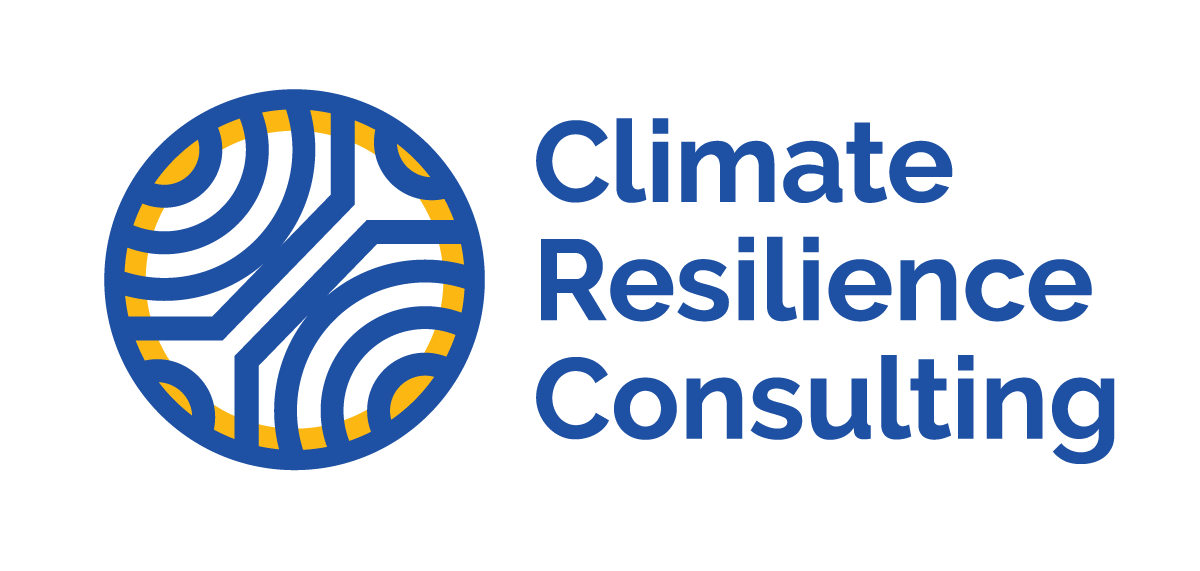I eagerly anticipate Election Day, but I know I can’t expect any candidate – except, perhaps, Democratic Rep. Jim McDermott of Washington State (thank you, Congressman) to speak of a carbon tax. True, neither carbon nor tax will get votes. And yet, nearly three-quarters of WSJ.com readers voting in an online poll say they’re ready for a carbon tax, an idea debated in a companion article, “Should there be a price on carbon-dioxide emissions?”
While both cap and trade and carbon taxes give polluters a financial incentive to reduce their greenhouse gas emissions, carbon taxes provide certainty regarding emission prices. And I think the market is seeking certainty as we struggle out of the Great Recession. In spite of the redistribution of assets from industry to government that defines taxes, several large players in the energy space have indicated carbon tax (versus a cap-and-trade market) would be preferable.
Somewhere between Hurricane Katrina, which was the first public climate event in the U.S., and the sound of the Waxman-Markey climate and energy bill (AKA the American Clean Energy and Security Act) hitting the recycling bin, it became verboten to mention a carbon tax. As a team of us wrote Chicago’s Climate Action Plan in 2008, we tussled with mentioning that a carbon tax would be among the options Chicago would support at the Federal level and ultimately elected not too.
Times have changed, and 78 percent of investors polled by Bloomberg BNA now recognize that climate change threatens the environment. The majority notes that profits wouldn’t be affected by climate change laws. Since, fracking aside, the price of energy is expected to continue to rise as more countries industrialize and add to the fuel-supply demand, a carbon tax could create a market incentive for conservation, while putting such renewable energy sources as wind, solar and geothermal on a more competitive footing and contributing resources to resiliency efforts.
As a native of Boulder, Colo., I’m thrilled that the city has had a carbon tax, a tax on electricity consumption with deductions for renewables, for the last six years. Yet, this one market mechanism I believe, works better on a national scale. For an action plan, I’d recommend the next administration invite climate-change scientist James Hansen to the White House with several key representatives and congressman and get down to making this a reality as our economy continues to rebound. Inviting input from a European, South African or Asian leader who already has taken this bold step might provide lessons learned that could help us assure an easier path.





